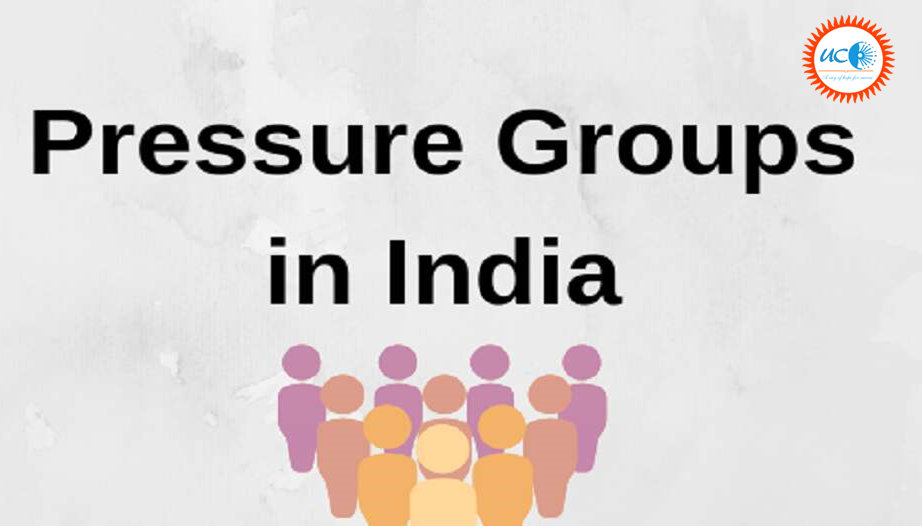“Pressure groups play a vital role in influencing public policy making in India.” Explain how the business associations contribute to public policies. (150 Words)
Approach
- Introduce with what Pressure Groups are.
- Discuss how Pressure groups play a vital role in influencing public policy making in India.
- Also, explain how the business associations contribute to public policies
Introduction
A pressure group is a group of people who are organised actively for promoting and defending their common interest. They are different from the political parties. Their activities are confined to the protection and promotion of the interests of their members by influencing the government.
The pressure groups influence the policymaking and policy implementation in the government through methods like lobbying, correspondence, publicity, propagandising, petitioning, public debating, and so forth.
Body
A business association refers to membership organisations that are engaged in and supportive of the promotion of the business interests of their members. Since businesses are strongly affected by public policies, it is in their best interest to stay informed about public policies and to try to influence governmental decision making and public policy.
In India, examples of business association include Federation of Indian Chamber of Commerce and Industry (FICCI), Associated Chamber of Commerce and Industry of India (ASSOCHAM), Federation of All India Food Grain Dealers Association (FAIFDA), etc.
Contribution of business associations to public policies:
They engage with the policy makers and communicate the grievances of the industries to the government. They, thus, influence the policies by way of articulating the views and suggestions of the industry.
They provide a potent platform for consensus-building on key issues. In this regard, they often conduct workshops, seminars and business meets to discuss various policies.
The business associations provide useful and credible research on existing and newer developments in areas such as industrial operations, infrastructure and technology. Likewise, they provide valuable information on new developments in foreign trade. All these go a long way in influencing the public policies.
Conclusion
Besides, in a system of representative democracy, the business groups influence the political process through several ways such as funding election expenses of the parties, mobilising the support of the voters, etc. The more organised the group is, the more influential it is in the political process, and so in public policymaking.







